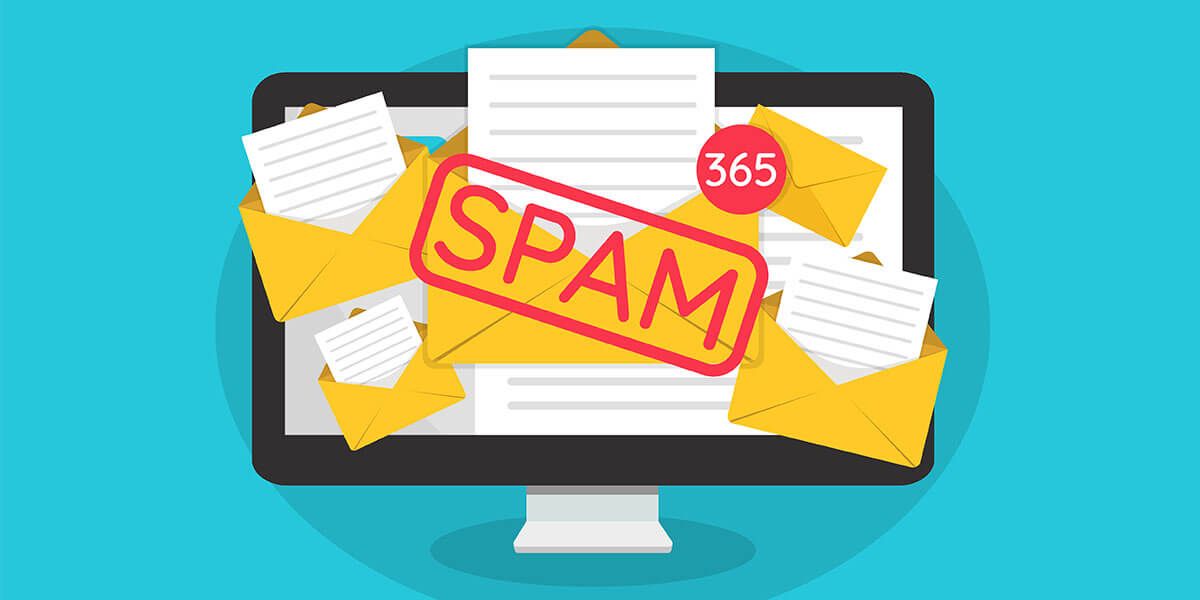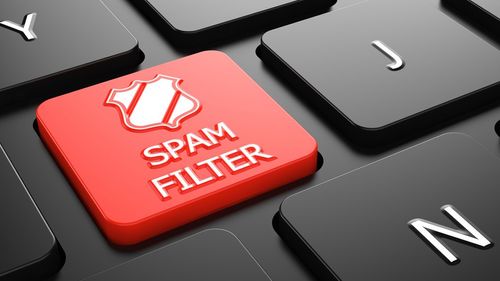Are your emails ending up in the junk folder instead of your recipient's inbox? One of the reasons could be the use of words that trigger spam filters. Spam filters are designed to protect email users from unwanted and unsolicited emails, but sometimes they can also flag legitimate emails as spam. In this article, we will discuss the words that trigger spam filters and how to avoid them.
Email marketing is a popular and effective way to reach out to potential customers and keep existing ones engaged. However, it's important to be mindful of the content of your emails, as spam filters can flag them as spam and send them straight to the junk folder.
In this article, we will go over the words that trigger spam filters, how to avoid them, and provide tips on how to improve the deliverability of your emails. So, let's dive in!
Words that Trigger Spam Filters
Certain words or phrases in your email can trigger spam filters, making it more likely that your email will end up in the junk folder. Here are some of the most common words that trigger spam filters:
- Free
The word "free" is often associated with spam emails, so using it too often in your emails can trigger spam filters. Instead of using the word "free," try using phrases like "complimentary," "at no cost," or "for no charge."
- Guaranteed
Using the word "guaranteed" in your email can trigger spam filters because it's often associated with scam emails. If you want to reassure your subscribers without triggering spam filters, try using phrases like "satisfaction guaranteed" or "we stand behind our product."
- Limited time offer
While it's important to create a sense of urgency in your email marketing campaigns, using the phrase "limited time offer" can trigger spam filters. Instead of using this phrase, try using a specific deadline or expiration date to create urgency.
- Act now
Similar to "limited time offer," using the phrase "act now" can trigger spam filters. Instead, try using a call-to-action that's more specific and less urgent, like "learn more" or "check it out."
- Click here
Using the phrase "click here" can trigger spam filters because it's often associated with phishing scams. Instead, try using more descriptive text for your hyperlinks, like "download our free guide" or "register for our webinar."
- Congratulations
While it's important to celebrate your subscribers' accomplishments, using the word "congratulations" can trigger spam filters. Instead, try using a different phrase, like "way to go" or "we're proud of you."
- Discount
Offering discounts can be a great way to incentivize your subscribers, but using the word "discount" too often can trigger spam filters. Instead, try using phrases like "special offer" or "limited-time pricing."
- Double your
Using the phrase "double your" in your email can trigger spam filters because it's often associated with scam emails. Instead, try using more specific language, like "increase your" or "improve your."
- Earn extra cash
Using the phrase "earn extra cash" can trigger spam filters because it's often associated with get-rich-quick schemes. Instead, try using more specific language, like "earn money on the side" or "generate additional income."
- Money back
Offering a money-back guarantee can be a great way to build trust with your subscribers, but using the phrase "money back" too often can trigger spam filters. Instead, try using phrases like "no-risk trial" or "satisfaction guarantee."
By avoiding these spam trigger words and phrases, you can improve the deliverability of your emails and increase the chances that your subscribers will engage with your content.
These words are often used in spam emails and can cause your email to be flagged as spam, even if it's a legitimate email.

How to Avoid Words that Trigger Spam Filters
To avoid triggering spam filters, it's important to be mindful of the words you use in your emails. Here are some tips to help you avoid words that trigger spam filters:
- Be Clear and Concise: Use clear and concise language in your emails. Avoid using overly promotional or salesy language that can trigger spam filters.
- Use Personalization: Personalize your emails by addressing your recipients by name. This can help make your emails feel more personalized and less like spam.
- Keep it Relevant: Keep your email content relevant to your audience. Avoid using irrelevant or generic content that can trigger spam filters.
- Avoid Using All Caps: Using all caps in your emails can make it seem like you're shouting, which can trigger spam filters.
- Don't Overuse Punctuation: Overusing punctuation, especially exclamation marks, can make your emails seem spammy.
FAQs
Can using images in my emails trigger spam filters?
Yes, using too many images or large image files can trigger spam filters. Make sure to use alt tags and provide a text version of your email.
Can using emojis in my emails trigger spam filters?
Using a few emojis in your email is generally okay, but using too many or inappropriate emojis can trigger spam filters.
Is it okay to include links in my emails?
Yes, it's okay to include links in your emails, but make sure they're relevant and not broken. Too many links or links to suspicious websites can trigger spam filters.
Should I avoid using the word "unsubscribe" in my emails?
No, including an unsubscribe link in your emails is required by law. However, avoid using the word "unsubscribe" in your subject line, as it can trigger spam filters.
Can using too many exclamation marks trigger spam filters?
Yes, using too many exclamation marks or other types of punctuation can make your email seem spammy and trigger spam filters.
What should I do if my emails are still ending up in the junk folder?
Check your email content for words that trigger spam filters, make sure your email is formatted correctly, and try to improve your sender reputation by sending consistent and relevant content to your subscribers. You can also check your email sender score to see if there are any issues that need to be addressed.
Conclusion
Using words that trigger spam filters can cause your emails to end up in the junk folder, reducing the effectiveness of your email marketing campaigns. By being mindful of the language you use in your emails and following the tips outlined in this article, you can improve the deliverability of your emails and avoid triggering spam filters.
Remember to use clear and concise language, personalize your emails, keep your content relevant, and avoid using all caps, excessive punctuation, and other spam trigger words. By following these best practices, you can improve the effectiveness of your email marketing campaigns and reach more of your target audience.



